China, Samoa sign bilateral deal amid West’s rival campaigns
China has signed a deal with Samoa amid a flurry of diplomatic activities across a cluster of remote island nations where the United States and its allies including Australia, continue with rival campaigns for more influence in the Pacific Ocean.
China's Foreign Minister Wang Yi and Samoan Prime Minister Fiame Naomi Mataafa signed documents on Saturday, including an "economic and technical cooperation agreement."
The deal’s details are unclear, but an earlier leaked draft agreement sent to several Pacific countries outlined plans to expand security and economic engagement.
The Samoan government confirmed in a press release on Saturday that the Chinese diplomat and the Samoan premier, had met and discussed “climate change, the pandemic and peace and security.”
According to the Samoan release, China would continue to provide infrastructural development support to various Samoan sectors and there would be a new framework for future projects “to be determined and mutually agreed.”
“Samoa and the People’s Republic of China will continue to pursue greater collaboration that will deliver on joint interests and commitments,” the release said.
Wang’s eight-nation trip to the region has sparked concern among western allies and prompted them to urge their regional counterparts to spurn any Chinese attempt to extend its security reach across the region.
The newly elected Australian prime minister said on Saturday the previous federal government had “dropped the ball” in its dealings with Pacific nations.
While not addressing the Samoa-China agreement specifically, Prime Minister Anthony Albanese said he had a "comprehensive plan" for the Pacific.
“We’ll be proactive in the region and we want to engage. Australia has been the partner of choice for a long period of and we continue time in the Pacific to do that,” he added.
China’s Wang, who has already visited Solomon Islands and Kiribati, is next headed to Fiji.
The island country has lately announced that it had signed into the Indo-Pacific Economic Framework (IPEF), backed by the four-member Quadrilateral Security Dialogue (Quad) comprising India, the US, Japan and Australia.
The Quad – an informal grouping led by Washington – was formed in part to counter Chinese power in the Indo-Pacific region.
Washington has in recent years made strenuous efforts to make inroads into the strategic Indo-Pacific region, with the singular aim of countering the rise of China. The attempts, however, have produced no results.
Lebanon’s parliament speaker urges pressure on Israel to stop ceasefire violations
UK government asked not to release Mandelson emails on Epstein: Report
VIDEO | Gaza Ramadan initiative
Hillary Clinton slams Trump for ‘betraying the West and NATO’
UN Staff group defends Francesca Albanese, condemns European ministers’ ‘vitriolic’ accusations
We will fight to the death for Iranian waters and islands: IRGC commander
Sheikh Qassem: Hezbollah does not seek war, but will never surrender
Hamas slams Israel's plan to expand East al-Quds boundaries


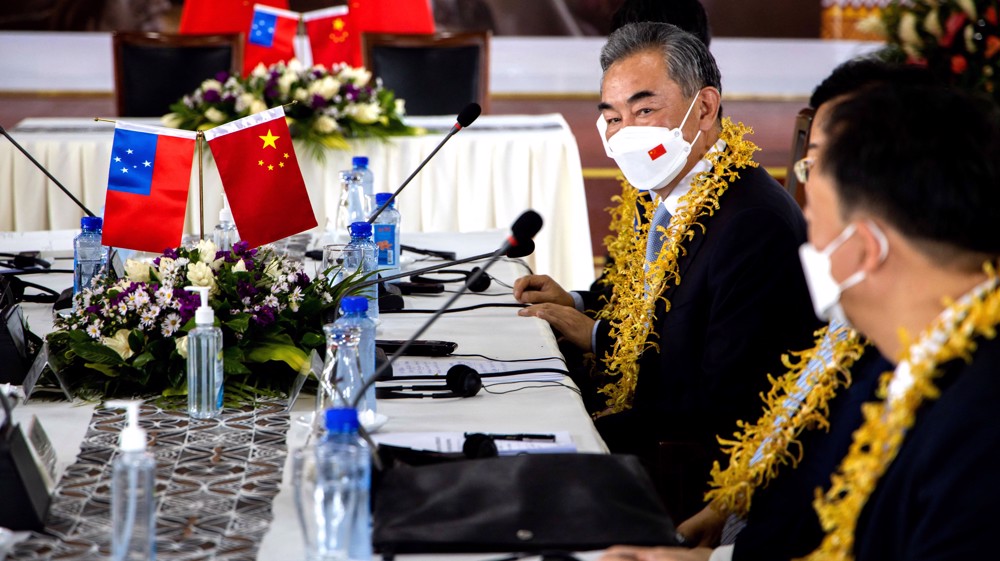
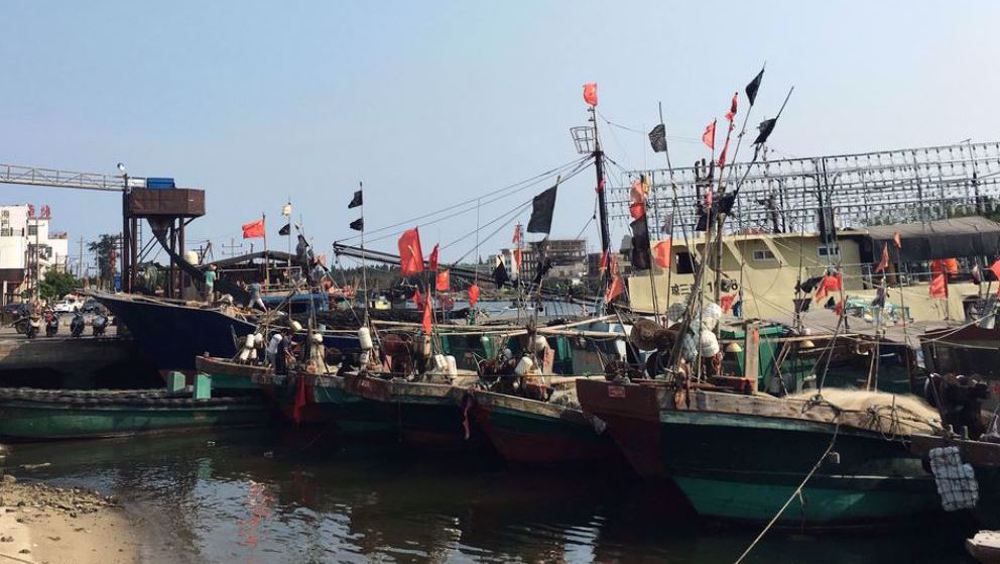
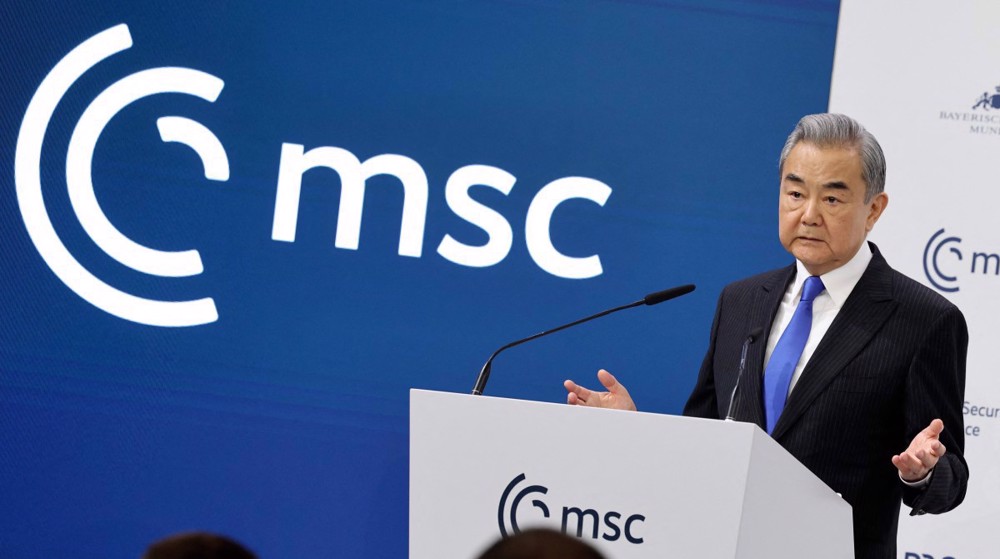
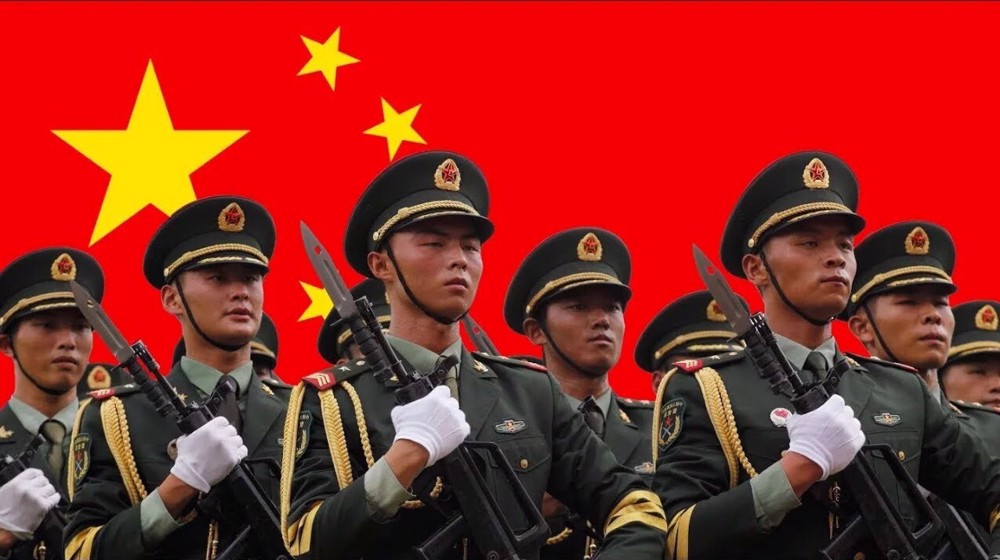
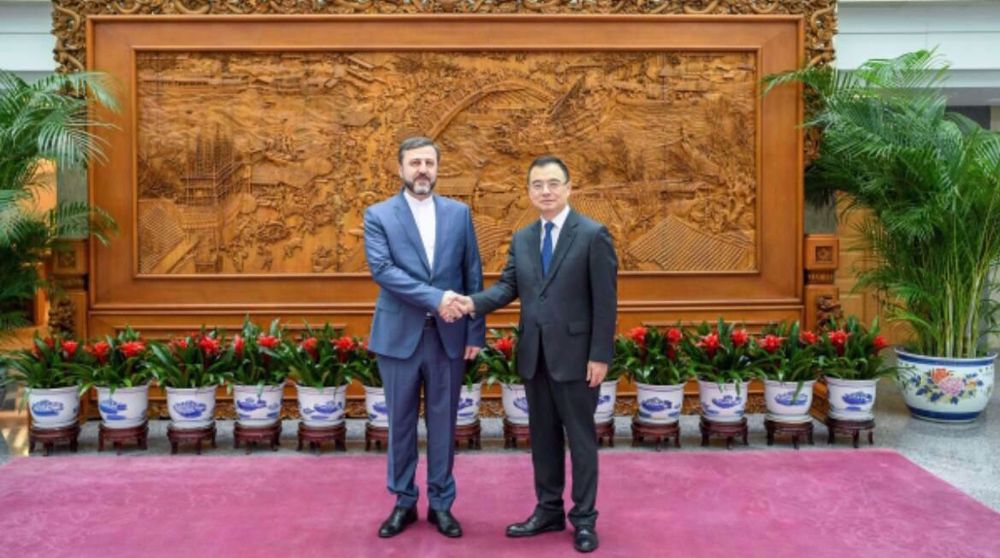



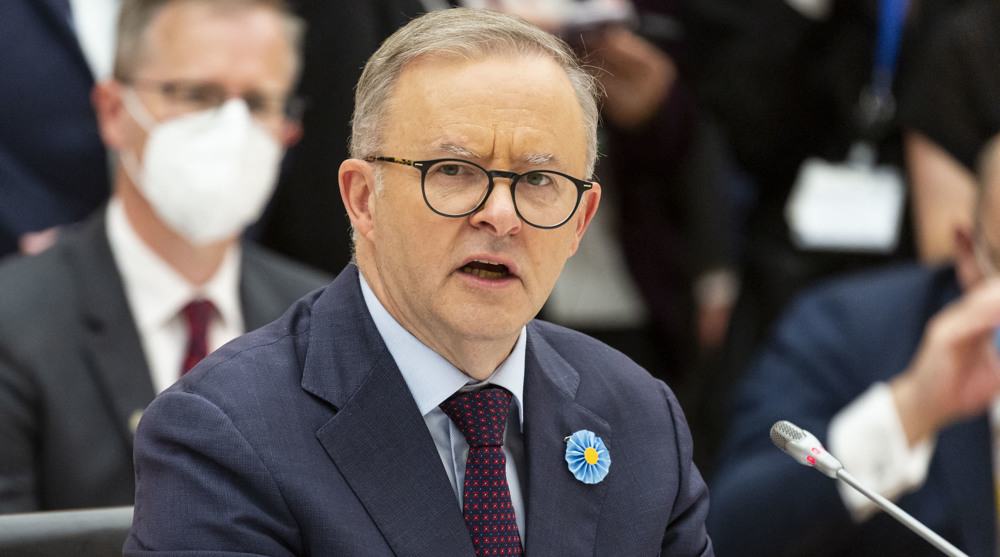

 This makes it easy to access the Press TV website
This makes it easy to access the Press TV website